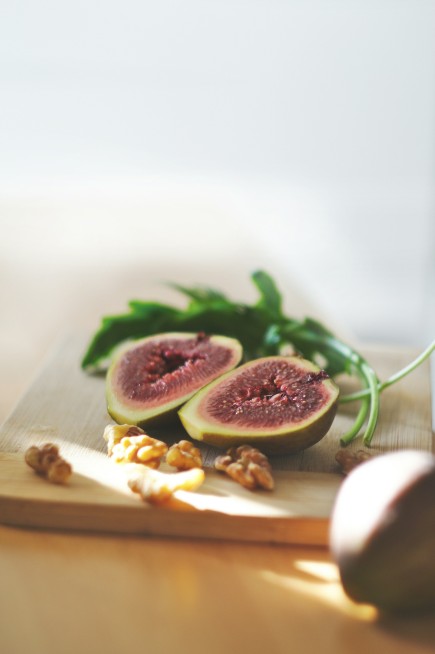
If you’ve been hearing the buzz about fermented foods and wondering what all the fuss is about, you’re in the right place. Fermented foods aren’t just a trendy health hack—they’re a game-changer for your gut and overall well-being. Let’s dive into what fermented foods are, why they’re essential for your health, and how you can easily incorporate them into your daily routine.
Fermented foods are natural probiotics—packed with live bacteria and enzymes that support your gut microbiome. The fermentation process involves beneficial bacteria and yeast breaking down sugars and starches in foods, creating an environment full of gut-friendly microbes.
These microbes help:
Think of your gut as a second brain—it thrives when nurtured, and fermented foods are one of the best ways to do just that.
Starting with fermented foods can feel intimidating, but trust me, it’s simpler than you think. Here’s how to ease into this gut-friendly lifestyle:
Ready to get started? Here are three simple recipes you can try at home:
A classic fermented food that’s easy to make and packed with probiotics.
Ingredients:
Method:
A quick, gut-friendly breakfast or snack.
Ingredients:
Method:
A powerhouse for immune support and a delicious addition to meals.
Ingredients:
Method:
Making fermented foods part of your daily routine is easier than you think. Here are some ideas:
Tip: Rotate different fermented foods to get a variety of probiotic strains for your gut.
1. How much should I eat?
Start with 1–2 tablespoons per day and gradually increase.
2. Are all fermented foods good for gut health?
Look for unpasteurised options with live cultures. Avoid heavily processed or sugary versions.
3. Can I eat them daily?
Yes! Variety is key—rotate between different types for maximum benefits.
Your gut health journey starts with small, intentional steps. By adding fermented foods to your diet, you’re not only supporting your digestion but also boosting your energy, mood, and overall resilience.
Looking for more guidance?
→ Follow @KLKNutrition for daily tips and recipes.
→ Explore my Mindful Gut Healing Method to take your gut health to the next level.
Your gut deserves care—and you do too.

How I can Help you
The 6 month Mindful Gut Healing ACCELERATOR to help you transform your health journey with my 1:1 coaching programme, designed to achieve maximum impact. This tailored approach will help you reach your wellness goals and embrace a life of balance and vitality.
Implement my 3-step process to discover exactly how to cultivate a mindful approach to eating and living. Learn to attract wellness and healing naturally, using proven methods and expert guidance.